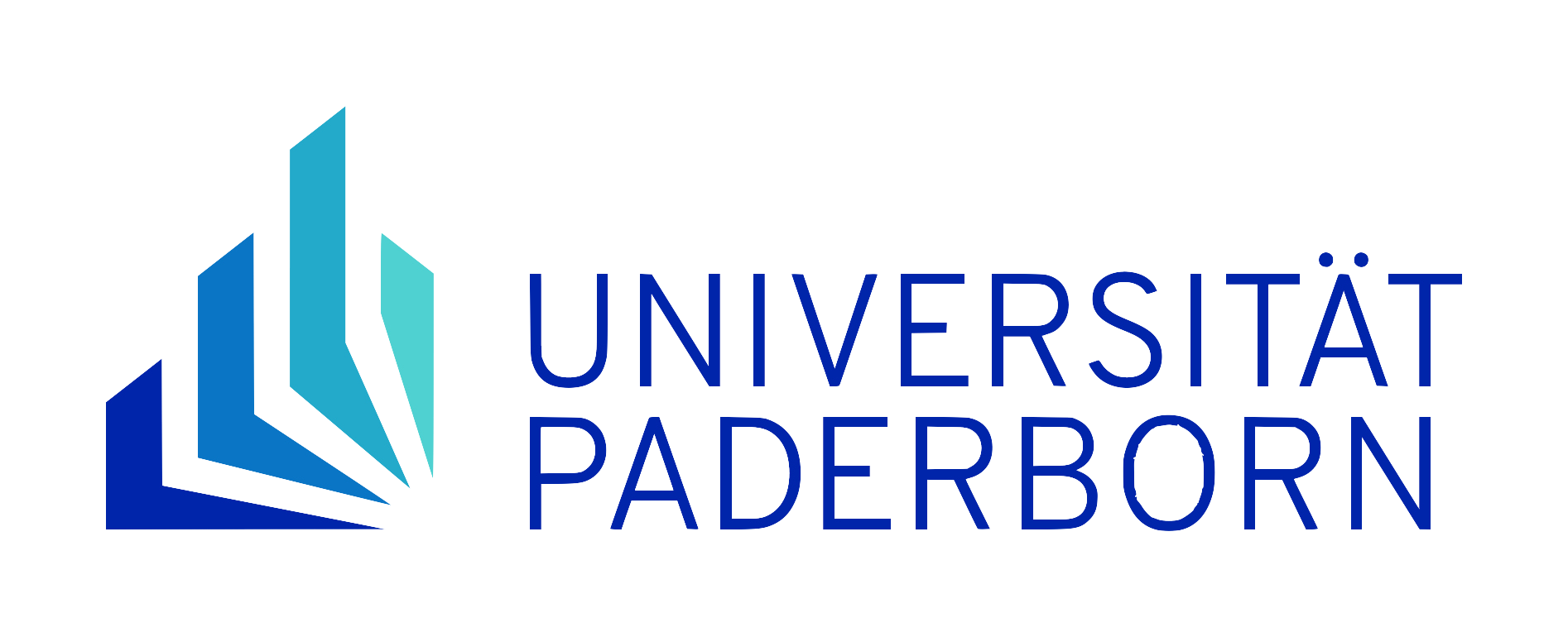Brief von M. Barnet an H. W. Henze, 15. Mai 1970
Einstellungen
Zeige Markierungen im Text
Kontext
Absolute Chronologie
Vorausgehend
- 1970-01-30: an Henze
- 1970-01-31: von Henze
Folgend
- 1970-05-21: an Henze
- 1970-06-29: von Henze
[Manuskript]
Muy urgente y con mucho y---,‡
nerviosismo‡, pues dentro
de unos minutos vuelo a Oriente* y Leo está aquí,
en la oficina mía, tambien‡ presto a marcharse,
te escribo para enviarte nuevamente todo mi
corazón, aunque sea de modo tan rapido‡. Yo
estoy bien, solo que muy preocupado por tu
viaje.* Ya te conté en la última carta
*
mi conversación con la secretaria de Bidopia.
Así, que nada nuevo en esta nota. En el
próximo número de la Revista Unión sale
la entrevista con Heyworth, que es brillante.*
Yo la traduje, ya lo sabes. Todos aquí te
esperamos, Heberto, Caita,
Rogelio I y II
,
Enrique, Carmen Valdés ... en fin, tu gran
familia cubana. ¡Finally, we will hear
Cimarron‡
¡,[sic]‡ el Martes 23* ! Lo que es
lamentable que Leo no esté presente para
la audición.* Pero, en‡ por otra parte, es
estupendo que él viaje* y te pueda trasmitir
mi cariño que es muy sólido, muy grande
y ya eterno.
A big hug to Fausto, Miguelito.
[Manuscript]
Dear Henze;
Very rushed and with a lot of nerves, as in a few minutes I fly to Oriente and Leo is here, in my office, also ready to leave, I am writing to send you all my heart again, albeit very quickly. I am well, only very worried about your trip. I already told you about my conversation with Bidopia’s secretary in my last letter. So, nothing new in this note. The interview with Heyworth, which is brilliant, comes out in the next issue of Revista Unión. I translated it, you know. We are all here waiting for you, Heberto, Caita, Rogelio I and II, Enrique, Carmen Valdés ... in short, your big Cuban family. Finally, we will hear Cimarrón! on Tuesday 23rd! What is unfortunate is that Leo is not present. But, on the other hand, it’s great that he is travelling and can pass on to you my affection, which is very solid, very great and already eternal.
A big hug to Fausto, Miguelito.
What about the film and Antonioni? Does it work?
Übersetzung von Yolanda Acker
Apparat
Verantwortlichkeiten
- Herausgegeben von
- Elena Minetti
- Übertragung
- Elena Minetti; Joachim Veit
- Übersetzung
- Yolanda Acker
Überlieferung
-
Textzeuge: Basel (Schweiz), Paul Sacher Stiftung (CH-Bps), Sammlung Hans Werner Henze, Abteilung: Korrespondenz
Signatur: Barnet, MiguelQuellenbeschreibung
- Dokumenttyp: Brief
- Helles Papier
- Faltung: 3mal längs
- 1 Blatt
- 1 beschriebene Seite
- Abmessungen: 277x216 [mm] (HxB)
- Rechtsbündiger Text
- Am linken Rand befindet sich eine senkrecht geschriebene Frage, die zum Text durch eine Art trapezförmige Linie abgegrenzt ist, und die in Barnets Briefen immer wiederkehrende Unterschriftenzeichnung, die aus einem Kreis besteht, der von zwei in beide Richtungen weisenden Pfeilen durchkreuzt wird und in dessen vier Ecken Punkte und Stäbe eingezeichnet sind.
Material
Umfang
Layout
Schreibstile
-
1.Handschrift, Barnet, Miguel, Füller (blau).
Textkonstitution
-
"y---,"durchgestrichen
-
"nerviosismo"über der Zeile hinzugefügt
-
"¡,"sic
-
"en"durchgestrichen
Einzelstellenerläuterung
-
"… unos minutos vuelo a Oriente"The scarce biographical information on Barnet does not allow us to identify which journey eastwards he was undertaking.
-
"tambien"recte "también".
-
"rapido"recte "rápido".
-
"… muy preocupado por tu viaje."Barnet is probably worried about Henze’s second trip to Cuba from 6 November 1969 to 29 January 1970.
-
"… conté en la última carta"The letter to which Barnet refers has yet to be located.
-
"… Heyworth , que es brillante."The issue of the periodical Unión chronologically following this letter was published in June 1970 and the only text by Barnet published there is an article entitled „Lenin“. There is no trace of Henze’s interview in the September and December issues either. Therefore, the Henze interview with Heyworth about El Cimarrón Barnet is referring to here cannot be verified.
-
"Cimarron"recte "Cimarrón".
-
"… Martes 23"The only Tuesday 23 in the year 1970 was in June.
-
"… esté presente para la audición."Brouwer could not be present at the „audición“ as he was in Europe, in Aldeburgh, for the premiere of El Cimarrón on 22 June 1970. A collective listening of the work was probably scheduled in Cuba. Pe rhaps there were arrangements made for a recording of the rehearsal to be sent to Cuba, but this never happened. In a letter dated 6 February 1971, Barnet tries to justify why he hadn’t heard El Cimarrón yet by stating that Brouwer was unable to find a suitable recording studio to record the work, and then probably send it to Cuba. Barnet was not able to see to the work performed live until May 1982 in Rostock. See Henze’s Autobiography, p. 395.
-
"… es estupendo que él viaje"Leo travelled to Europe: on 31 May 1970 he went to Berlin where Henze conducted his Sonogramm II at the Komische Oper and on 22 June he performed El Cimarrón in Aldeburgh. See Henze’s Autobiography, p. 295.
-
[Rotation]Abschnitt am linken Rand stehend, Text im Uhrzeigersinn gedreht (270°).
-
"… ¿ Does it work ?"Barnet may also be alluding to Antonioni’s film that Henze mentions in his Autobiography, p. 262, which Antonioni had wanted to make with Gastón Salvatore as scriptwriter „about the state of the world in the wake of the events of 1968 and about the way in which these events had left their mark on, and been taken up by, left-wing intellectuals in western Europe“. Barnet could also probably allude to Antonioni’s film Zabriskie Point (1970). See Henze’s letter to Enzensberger on 5 September 1969. See also Henze’s response in his letter on 21 July 1970.
-
[Abbildungsbeschreibung]Barnet’s graphic signature.





